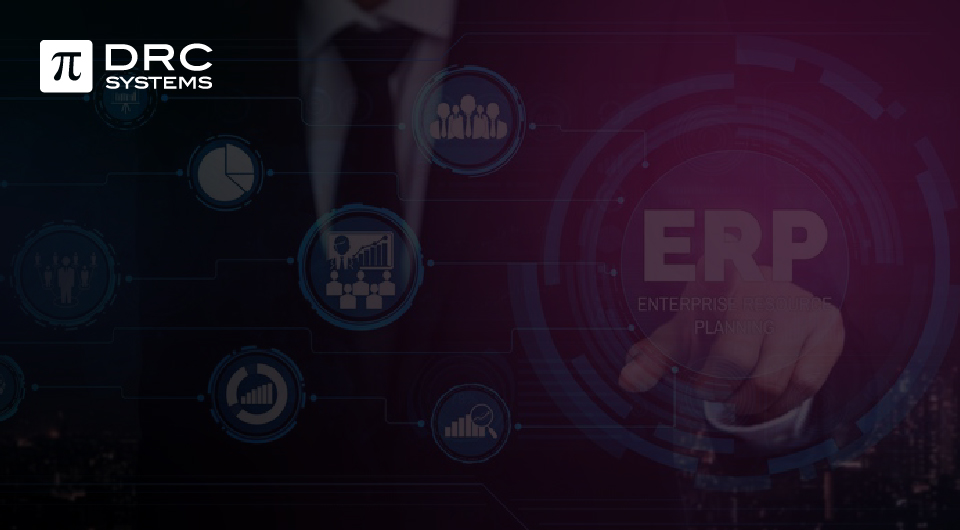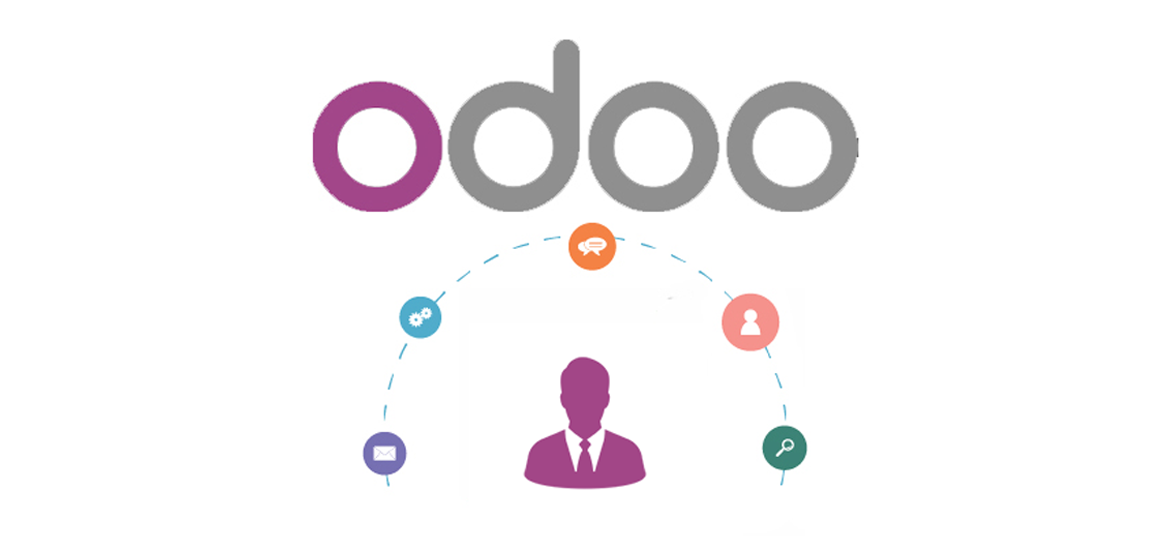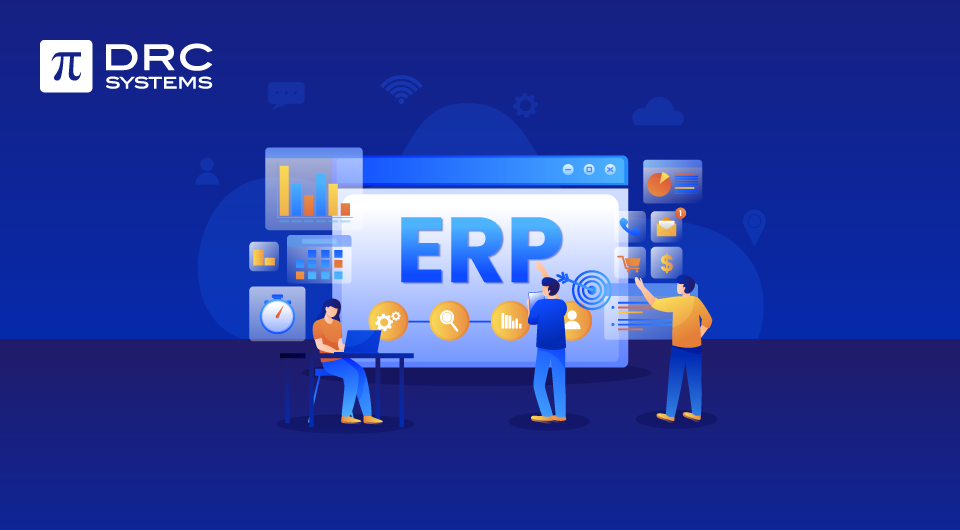Related Articles
ODOO Consulting For Assertive Business Management
Odoo consulting and software solutions are being implemented in every organization. Learn how Odoo apps are transforming modern businesses.
Read The PostBoosting Business Efficiency Through ERP Systems
Enhance business efficiency with ERP systems, streamlining operations and improving productivity.
Read The Post

